Affiliate links on Android Authority may earn us a commission. Learn more.
How to tell if my computer has been hacked
Published onFebruary 18, 2023

Cybersecurity has become a bigger risk over the years, but it has also become easier to identify and avoid. However, that’s assuming you are aware of the markers and the right steps to prevent and counter a cyber security attack.
But the obvious question on your mind is how can you tell if your computer has been hacked? A computer subjected to a cyber security attack, or in other words, hacked, will behave in a certain way, generally erratically. More often than not, you’ll be able to tell that something is wrong. Here’s how to tell if your computer has been hacked.
JUMP TO KEY SECTIONS
How can I tell if my computer has been hacked?
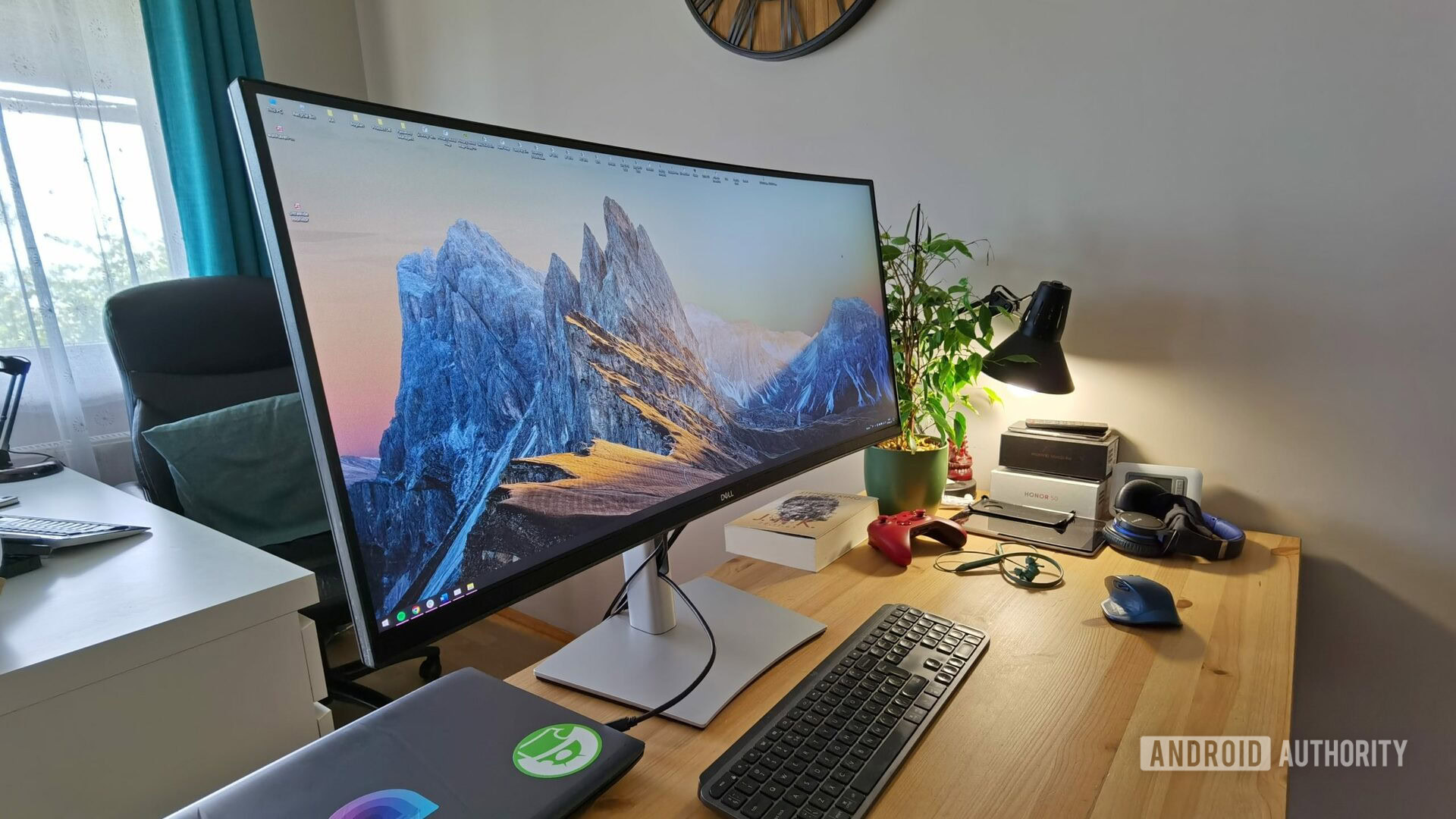
We broadly use the word “hack” to describe a compromised system or account. Hacking generally implies a hacker is in control and orchestrating every move, but many hacks like viruses and malware don’t require active control. So for the purposes of this guide, we’ll discuss scenarios in which computers have been compromised, ranging from an actual hack to official-sounding (but fraudulent) phone calls.
Hackers or malicious actors may pretend to call you on behalf of Microsoft or even tax authorities. Never follow their instructions.
A hacked computer will usually behave erratically. You can watch out for a few markers that could be pointing toward your computer being hacked. Here are the most common ones.
- Frequent pop-ups — Constantly opening unrecognized windows on your computer.
- Changes to your home screen — Changes to the wallpaper, theme, or any other aspect of your home screen.
- Apps you don’t recognize — Icons or windows of apps you don’t recognize or remember installing.
- Frequent browser redirects — Constant pop-ups, redirects, or ads in your web browsing.
- Emails you didn’t send — Contents in your email inbox or sent email folders you don’t recognize.
- Performance issues — PC not performing as expected, programs crashing, overheating, or fans always running at high speed with noise.
- Suspicious social media behavior — Logins, posts, or messages on social media accounts that you didn’t initiate.
- Suspicious transactions — Worst case scenario, transactions in your bank or card accounts that you didn’t initiate.
And these days, you also have to watch out for malicious actors using your phone to spy or track you.
Common hacks
There are some common attacks you can watch out for. If your computer gets hacked, look out for these signs.
Denial of Service (DoS) attack
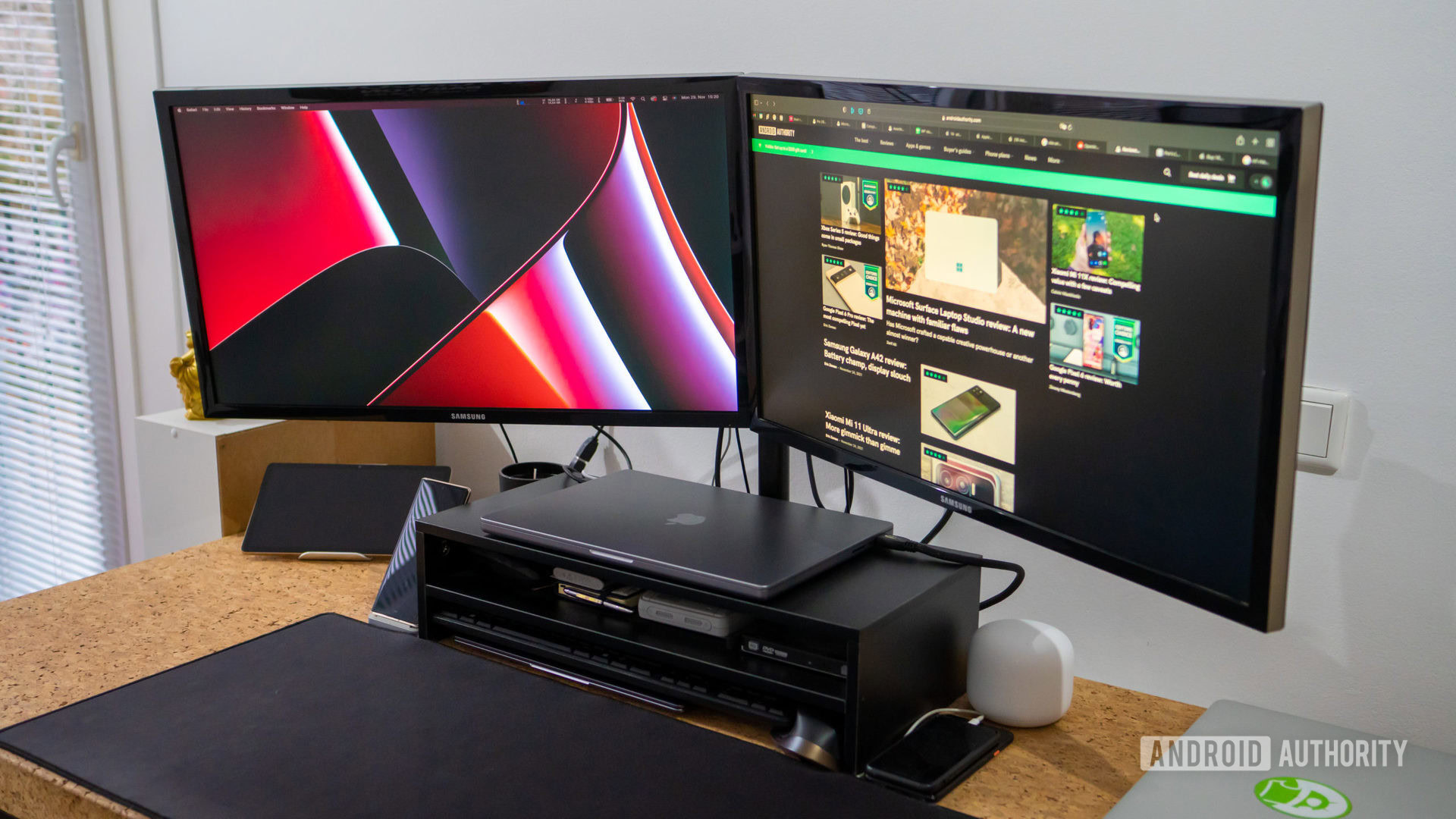
A Denial of Service (DoS) attack is exactly what it sounds like. It’s an attack that aims to stop the intended user(s) from accessing a system or a service. This usually involves an unauthorized password change and leaves you locked out of your computer or accounts. It may come with a ransomware attack, when the hacker holds your system and data for ransom and asks you to pay money to give it back.
Trojan attack
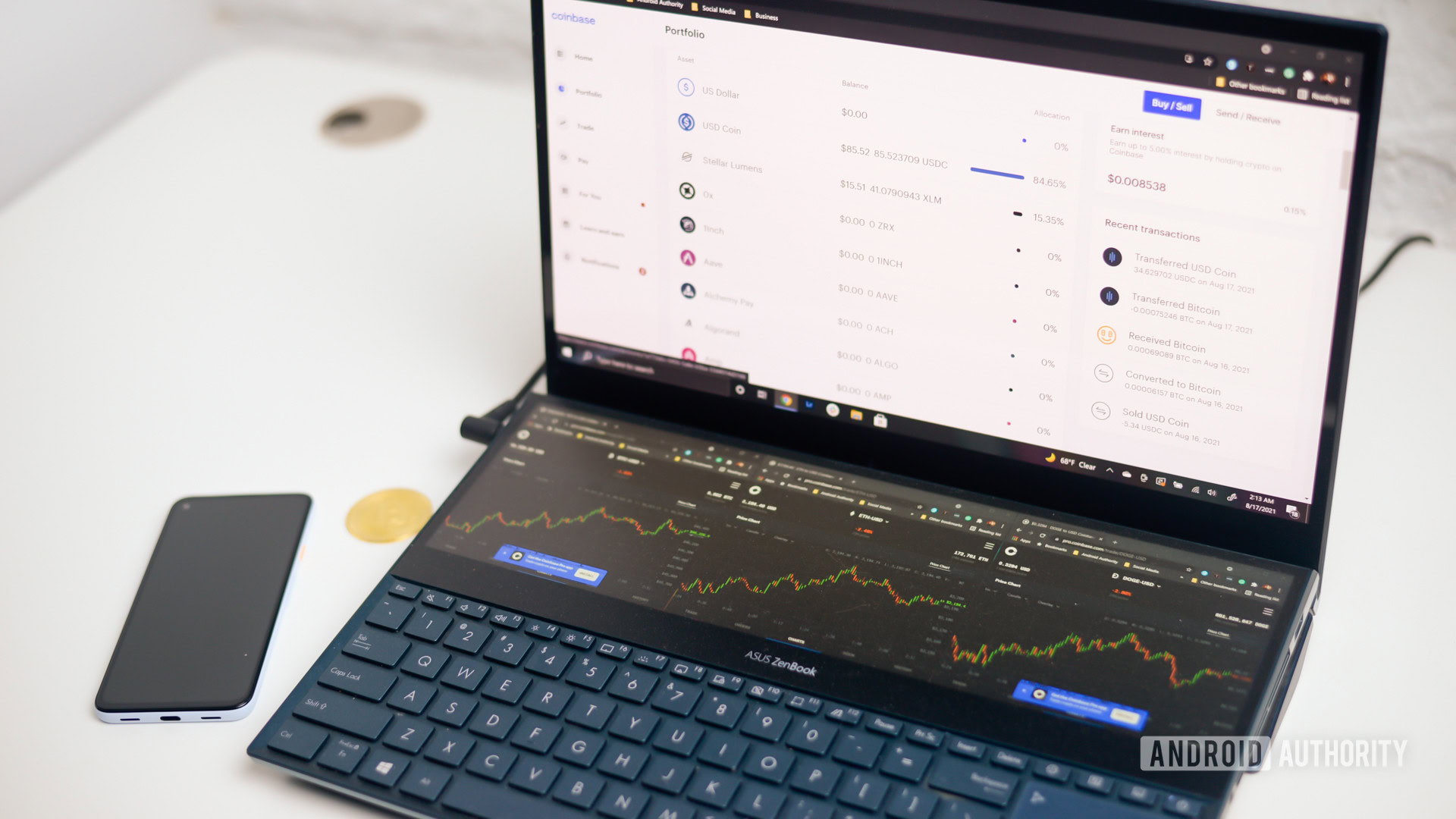
A Trojan attack is when a malicious program pretends to be a good program. It manages to bypass your OS and antivirus security measures by pretending to be a legitimate program and then proceeds to attack your system from within. Ransomware attacks also often follow trojan attacks.
Phishing scams
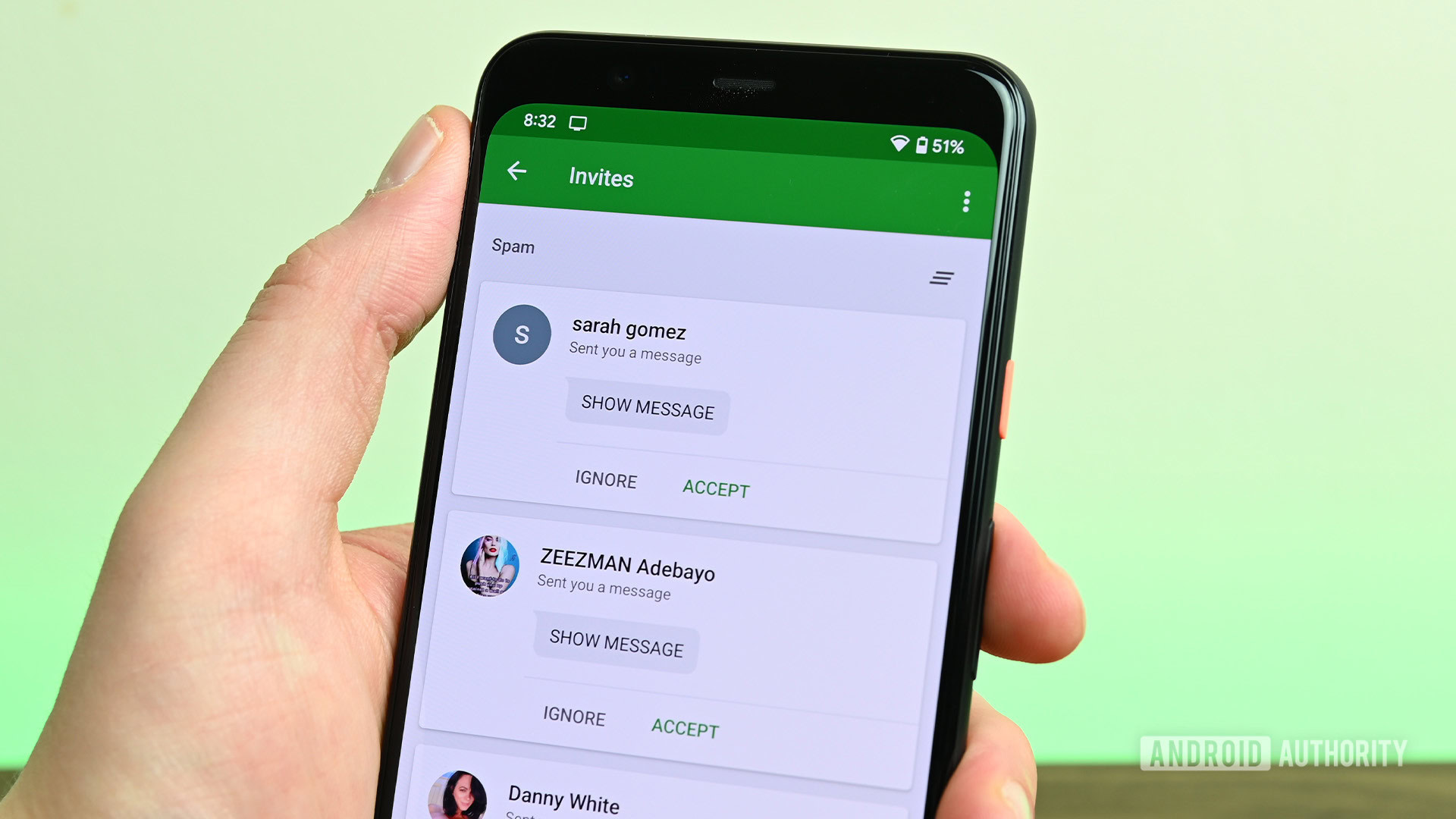
A phishing scam is when a hacker tries to direct you to a fake replica of a website, usually social media or banking, to get you to input your login credentials. The hacker then gains access to your sensitive information, compromising your information and finances. Be careful, as hackers and scammers often perpetrate these through phone calls, by pretending to be customer service agents.
Virus and malware
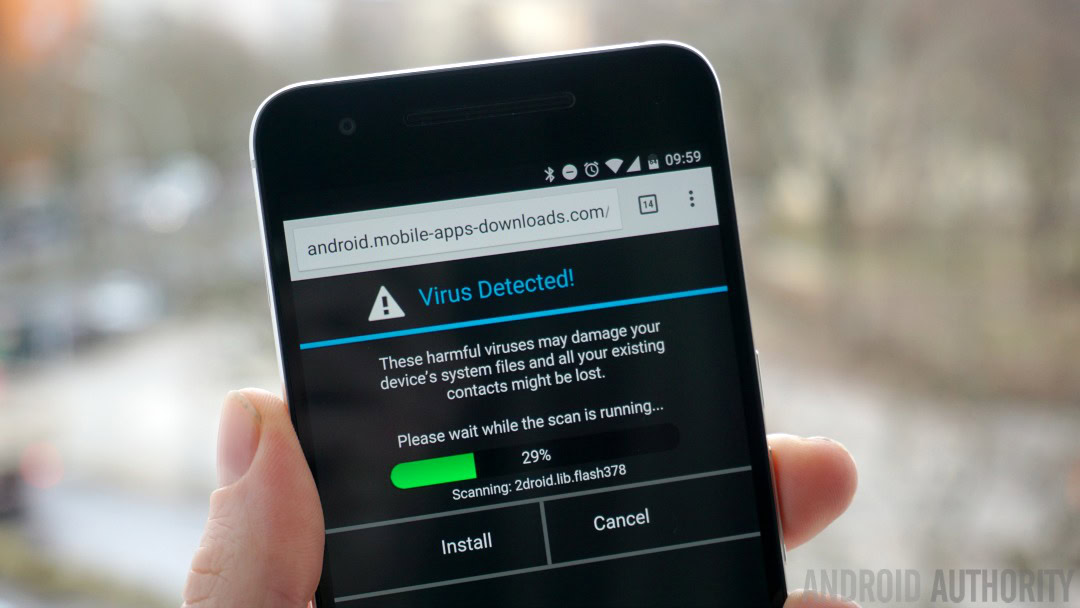
These are more common but just as potentially dangerous. Hackers design and mass-deploy these viruses and malware to steal data and cripple your system. The more sophisticated ones can even provide a lot of your information to hackers, or even let them take over your system.
Getting rid of virus and malware is a straightforward process, but it is rather time-consuming. The best way to avoid them is to simply steer clear of untrustworthy websites and download programs from official sources.
That said, the latest versions of popular operating systems like Windows 11 now include virus and malware-scanning tools. As long as you keep your computer updated, you likely don’t have much to worry about. Ten or twenty years ago, viruses were more common and needed specialized software to detect.
How do I stop hacks on my computer?
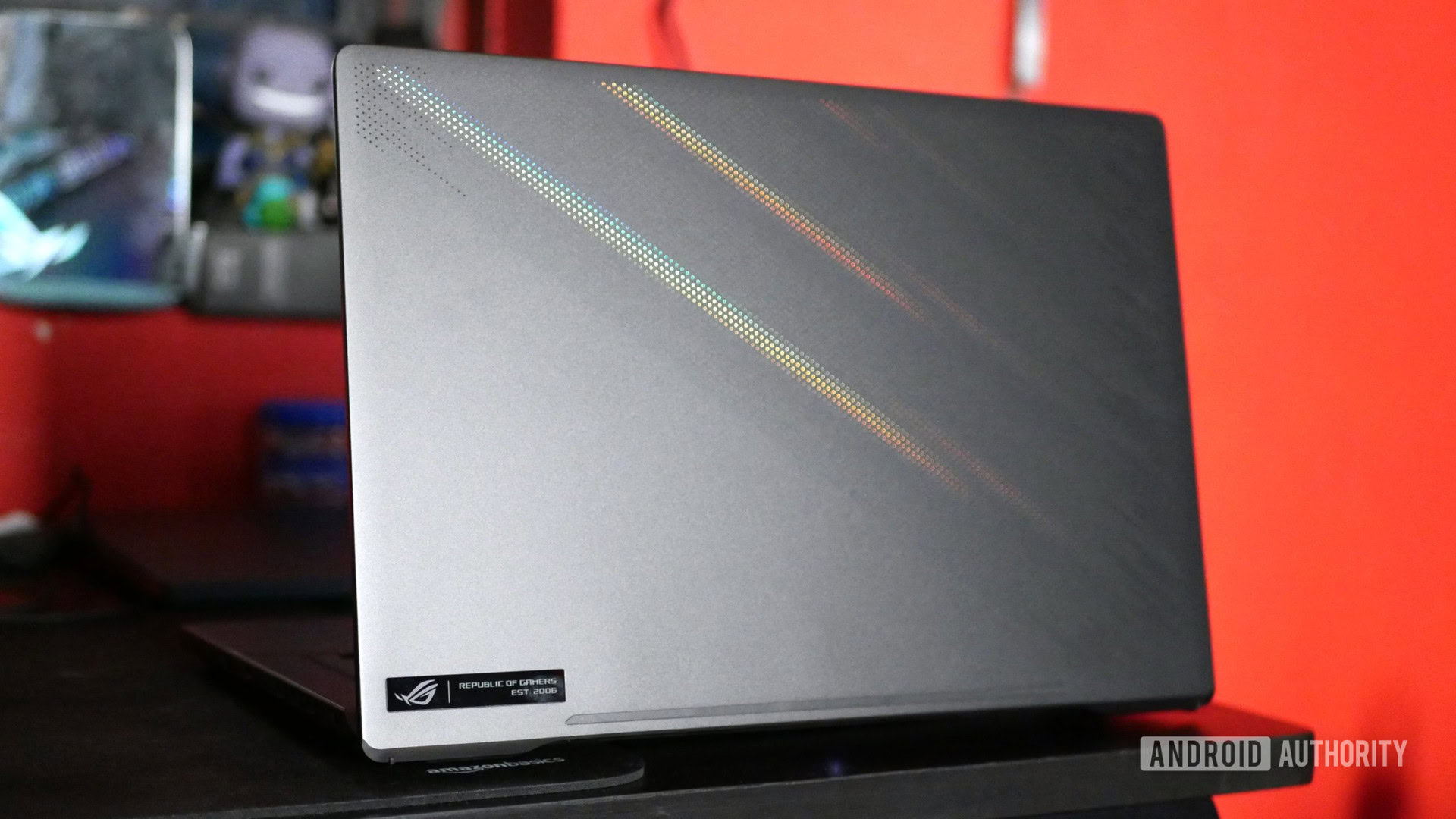
Prevention is better than cure, and that’s even more true in this case. Stopping hacks on your computer begins with vigilance. Here are some steps to prevent hacks on your computer.
- Keep your software updated — Make sure your PC has the latest updates and security patches installed.
- Monitor your apps — Make sure your apps are from a legitimate source like official app stores or product websites, and check the task manager to find any unknown running apps.
- Use strong passwords — Move away from simple passwords using a password manager. They generate credentials that are nearly impossible to guess provided you don’t reuse your master password elsewhere.
- Turn on two-factor authentication — Secure your accounts with a two-step authentication method or authenticator apps.
- Verify website legitimacy before using it — Check the URL of the websites you visit have the correct spelling and that your browser has marked them as safe.
- Don’t use unknown websites — Unknown websites pose a security risk, so at the very least, use a VPN while visiting them, and don’t accept unknown downloads forced by such sites.
- Reset your PC — Sometimes, the best option to be sure about being hack-free is to reset your PC, but make sure to back up your data first.
- Use active real-time antivirus protection — Use antivirus software that runs in the background to protect your system in real-time.
PC antivirus software will generally protect you from hacks and other safety issues, and even help remove existing hacks. There are many great free antivirus software, but you can get a paid one if you want to go the extra mile.
FAQs
No. Generally, no company will call you about something like that. If somebody is calling you about your computer being hacked, it’s likely a scam call, and you should not entertain it.
In most cases, yes. You can also recover the data in most cases, and even in some cases of ransomware attacks. Most hacker attacks aren’t sophisticated enough to damage your hardware or data, provided you take the right steps.
If you suspect that someone has hacked your PC, you should try and run an antivirus scan immediately. If that doesn’t solve your issues, try to back up your data and perform a system reset.
If your computer is hacked, it will behave erratically, and there are some markers to watch out for, as we have noted above.